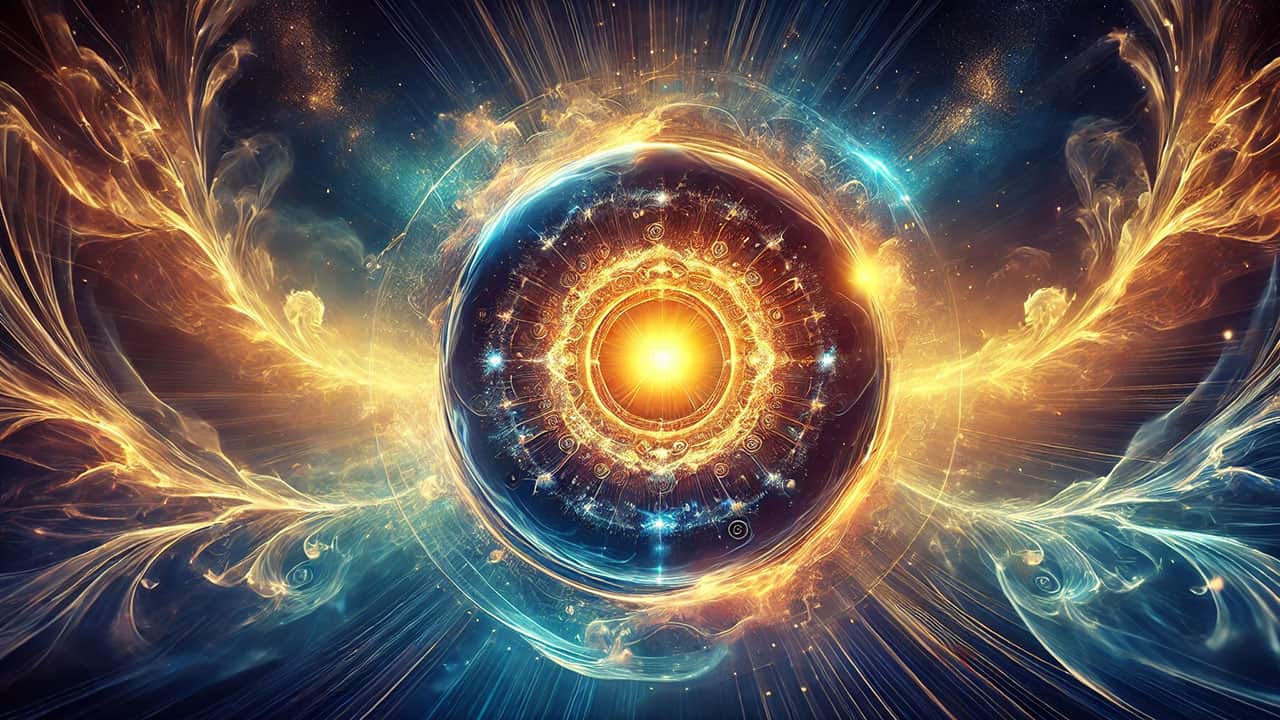Mindfulness for Inner Peace
Discover simple, grounded mindfulness practices that return you to presence and clarity. Learn meditation techniques, breathing exercises, and daily rituals that cultivate lasting spiritual inner peace.
Cultivate inner peace through practices that blend ancient spiritual wisdom with modern mindfulness. Whether you're beginning your journey or deepening your practice, find the guidance and tools you need to live with greater peace, purpose, and presence.

Discover simple, grounded mindfulness practices that return you to presence and clarity. Learn meditation techniques, breathing exercises, and daily rituals that cultivate lasting spiritual inner peace.

Bring your deepest intentions to life through clarity, gratitude, and aligned spiritual action. Harness the power of manifestation to create peace and purpose in your daily life.

Navigate life with intention by working with celestial cycles and deepening your intuition. Explore how astrology guides you toward greater spiritual understanding and inner harmony.
Access guided meditations, ambient timers, and spiritual resources designed to deepen your practice and cultivate tranquility in your daily life.
Experience original, gentle guidance crafted to help you relax, release tension, and find your center. Each meditation supports your journey toward spiritual inner peace.
Set your preferred duration and immerse yourself in calming ambient soundscapes. Perfect for establishing a consistent mindfulness practice.
Discover practical mindfulness techniques and prompts to cultivate present-moment awareness throughout your day, building lasting inner peace.
Learn to understand cosmic rhythms and planetary influences, applying celestial wisdom to enhance your spiritual growth and self-awareness.
Explore intuitive practices that blend tarot, astrology, and cosmic guidance for reflective spiritual insight and personal clarity.
Transform your intentions into reality through aligned spiritual action, combining clarity, gratitude, and consistent mindful practice.
Start exploring our comprehensive spiritual resources or dive into a guided meditation practice right now. Your path to inner peace begins with a single mindful step.